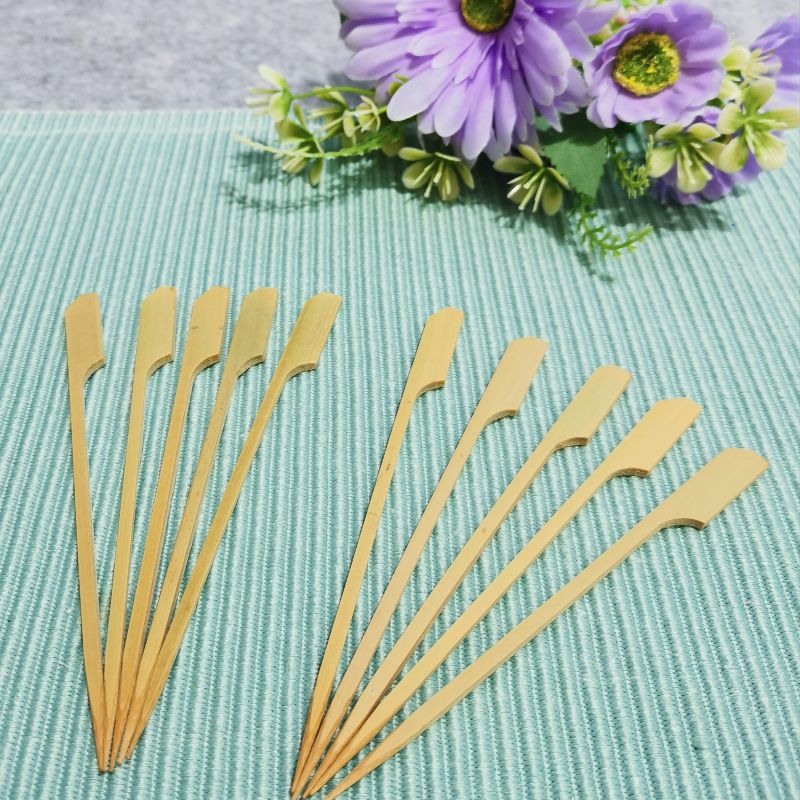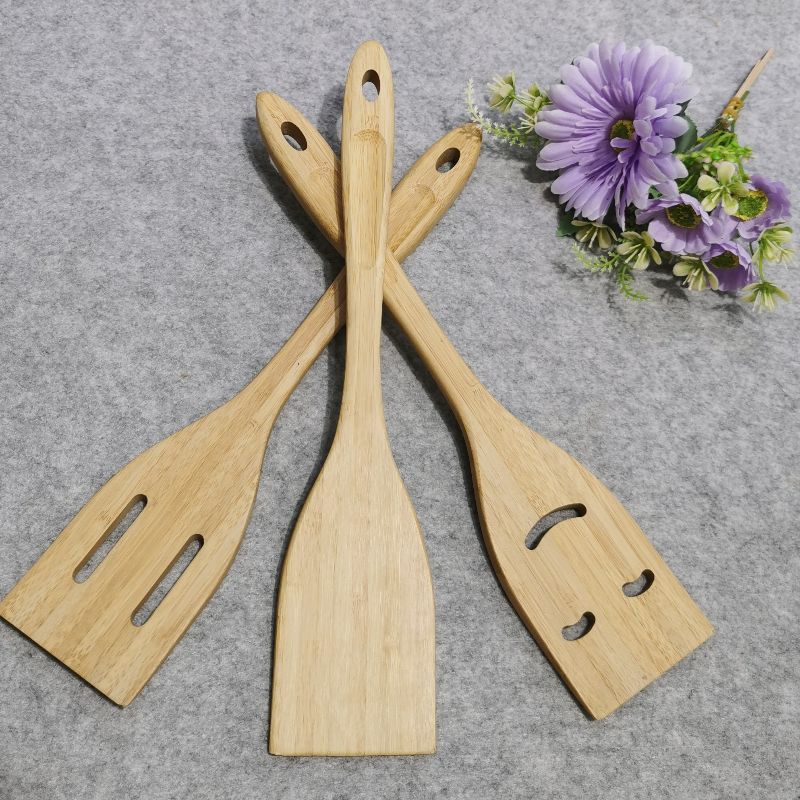Embracing Nature with Ambient Bamboo Products
In a world that continuously leans towards sustainability, ambient bamboo products stand out as an innovative solution to our daily needs. Bamboo, known for its rapid growth and eco-friendly attributes, offers an abundance of possibilities within the realm of design, architecture, and home decor. This article explores the beauty, functionality, and environmental impact of these remarkable products, demonstrating how they embody harmony between nature and modern living.
The Significance of Bamboo in Our Daily Lives
Bamboo has long been regarded as one of the most versatile plants on Earth. Its unique characteristics not only enhance aesthetics but also contribute positively to the environment. Understanding the significance of bamboo allows us to appreciate the ambient bamboo products that permeate various aspects of our daily lives.
Sustainability at Its Core
The environmental benefits of bamboo cannot be overstated.
Bamboo is incredibly sustainable due to its rapid growth rate, reaching maturity in just a few years. Unlike traditional hardwood trees that can take decades to grow, bamboo can regenerate quickly without the need for replanting. This characteristic makes it a renewable resource, helping to combat deforestation and promote biodiversity.
Moreover, bamboo absorbs a significant amount of carbon dioxide while releasing oxygen, improving air quality and contributing to climate change mitigation. By choosing ambient bamboo products, consumers actively participate in preserving the planet and supporting sustainable practices.
Aesthetic Appeal and Versatility
Beyond its ecological advantages, bamboo brings a unique aesthetic appeal to any space.
Its natural grain and warm tones create a soothing ambiance that resonates with many individuals seeking tranquility in their surroundings. Ambient bamboo products, such as furniture, lighting, and decorative items, seamlessly blend into various design styles—from minimalist and contemporary to rustic and bohemian.
Furthermore, bamboo's versatility extends beyond the visual aspect; it can be crafted into varied shapes and forms, making it suitable for countless applications. Whether it's a sleek bamboo chair or intricately woven bamboo textiles, each product showcases craftsmanship while embracing a natural essence.
Health Benefits of Bamboo
Another compelling reason to embrace ambient bamboo products lies in their health benefits.
Bamboo inherently possesses antimicrobial properties, making it an ideal material for kitchenware and bedding. Products made from bamboo are less likely to harbor allergens or bacteria compared to their synthetic counterparts. Additionally, bamboo fabrics are often hypoallergenic and breathable, providing comfort and promoting better sleep quality, which ultimately contributes to improved overall well-being.
Exploring the Range of Ambient Bamboo Products
The market for ambient bamboo products has expanded significantly, reflecting consumer demand for sustainable alternatives. From everyday essentials to luxurious items, the variety available demonstrates bamboo’s adaptability.
Bamboo Furniture: Style Meets Functionality
Bamboo furniture stands as a testament to the merging of style and functionality.
With an array of designs available—from dining tables and chairs to beds and cabinets—there is something to suit every taste. The durability of bamboo ensures that furniture pieces remain strong and functional over time, resisting wear and tear while retaining their elegance.
Moreover, many designers are now incorporating bamboo into their creations, showcasing it in innovative ways. For instance, modular bamboo furniture allows for customization according to individual preferences, catering to diverse spaces and lifestyles.
Kitchenware Crafted from Bamboo
In the kitchen, ambient bamboo products shine through an impressive assortment of cookware and utensils.
Bamboo cutting boards, spoons, and bowls are not only visually appealing but also practical. Their lightweight nature makes them easy to handle, while their natural resistance to bacteria enhances food safety.
Notably, using bamboo kitchenware can reduce reliance on plastic items, offering a more sustainable alternative. As consumers become increasingly conscious of their environmental footprint, opting for bamboo kitchenware aligns with their desire for eco-friendly solutions.
Textiles and Home Decor
Bamboo textiles have garnered attention for their softness and breathability, transforming bedrooms and living spaces alike.
From bamboo sheets and pillowcases to curtains and rugs, these products provide a luxurious feel while maintaining a connection to nature. They are particularly well-suited for individuals with sensitive skin or allergies, enhancing comfort at home.
Ambient bamboo decor items, such as wall art and light fixtures, further elevate the aesthetic of any space. These pieces often feature intricate designs that highlight the plant's unique characteristics, allowing homeowners to infuse their interiors with a touch of nature.
Accessories and Lifestyle Products
The versatility of bamboo extends to various lifestyle accessories, ranging from personal care items to tech gadgets.
Bamboo toothbrushes, combs, and even sunglasses are now widely available, offering eco-conscious individuals a way to reduce their dependency on plastic. These accessories, often crafted with ergonomic designs, showcase how bamboo can be integrated into our daily routines while promoting sustainability.
Additionally, the innovation in bamboo technology has led to the development of charging docks and phone cases, highlighting its role in contemporary lifestyles without compromising environmental values.
The Future of Ambient Bamboo Products
As we navigate a future where sustainability is paramount, the potential of ambient bamboo products continues to expand.
Innovations in Bamboo Design
Designers are increasingly looking towards bamboo for inspiration, leveraging its unique qualities to create groundbreaking products.
Research and development efforts focus on enhancing bamboo’s properties, leading to innovations in durability, flexibility, and aesthetics. For example, engineered bamboo materials are being explored for construction purposes, offering sustainable building solutions without sacrificing performance.
This trend presents exciting opportunities for architects and builders to incorporate bamboo into larger projects, challenging traditional notions of architecture and design.
The Role of Education and Awareness
Consumer awareness plays a crucial role in propelling the adoption of ambient bamboo products.
As individuals become more informed about the environmental impacts of their choices, they begin to seek out sustainable alternatives. Educational campaigns that emphasize the benefits of bamboo can encourage more people to make eco-conscious decisions, fostering a greater appreciation for this remarkable plant.
Collaborations between brands and environmental organizations can amplify these messages, creating synergies that lead to a wider acceptance of bamboo products across different markets.
Challenges and Considerations
While the future of ambient bamboo products seems promising, there are challenges to address.
As demand increases, ensuring that bamboo sourcing remains ethical and sustainable is vital. Consumers must be discerning about their purchases, opting for products made from responsibly harvested bamboo.
Additionally, education around bamboo processing is necessary, as some methods can be detrimental to its eco-friendly reputation. Transparency from manufacturers and adherence to sustainable practices will help build trust among consumers and foster long-term support for ambient bamboo products.
FAQs
What are ambient bamboo products?
Ambient bamboo products refer to a range of items made from bamboo that promote a serene and natural atmosphere in various settings, including homes and workplaces. These include furniture, kitchenware, textiles, and decor.
Are bamboo products sustainable?
Yes, bamboo products are considered highly sustainable due to bamboo's rapid growth, ability to regenerate without replanting, and its low environmental impact. Choosing bamboo helps combat deforestation and promotes eco-friendly practices.
How do I care for bamboo products?
Caring for bamboo products varies by type, but generally involves cleaning with mild soap and water. Avoid harsh chemicals, direct sunlight, and excessive humidity to maintain their longevity.
Can bamboo products be used outdoors?
Many bamboo products are suitable for outdoor use, especially when treated for weather resistance. However, it is essential to check the manufacturer's guidelines to ensure proper maintenance and durability.
Are there any health benefits associated with bamboo products?
Yes, bamboo products possess antimicrobial properties, making them less prone to harboring allergens and bacteria. Additionally, bamboo textiles are often hypoallergenic and breathable, promoting comfort and well-being.
Conclusion
Ambient bamboo products embody a harmonious blend of nature and modern living. With their sustainable attributes, aesthetic appeal, and numerous health benefits, bamboo products offer a viable alternative to conventional materials. As we embrace a future focused on sustainability, the potential of bamboo continues to unfold, inviting us to explore innovative ways to integrate this remarkable plant into our lives. By prioritizing bamboo, we not only enhance our environments but also contribute to a healthier planet for generations to come.



